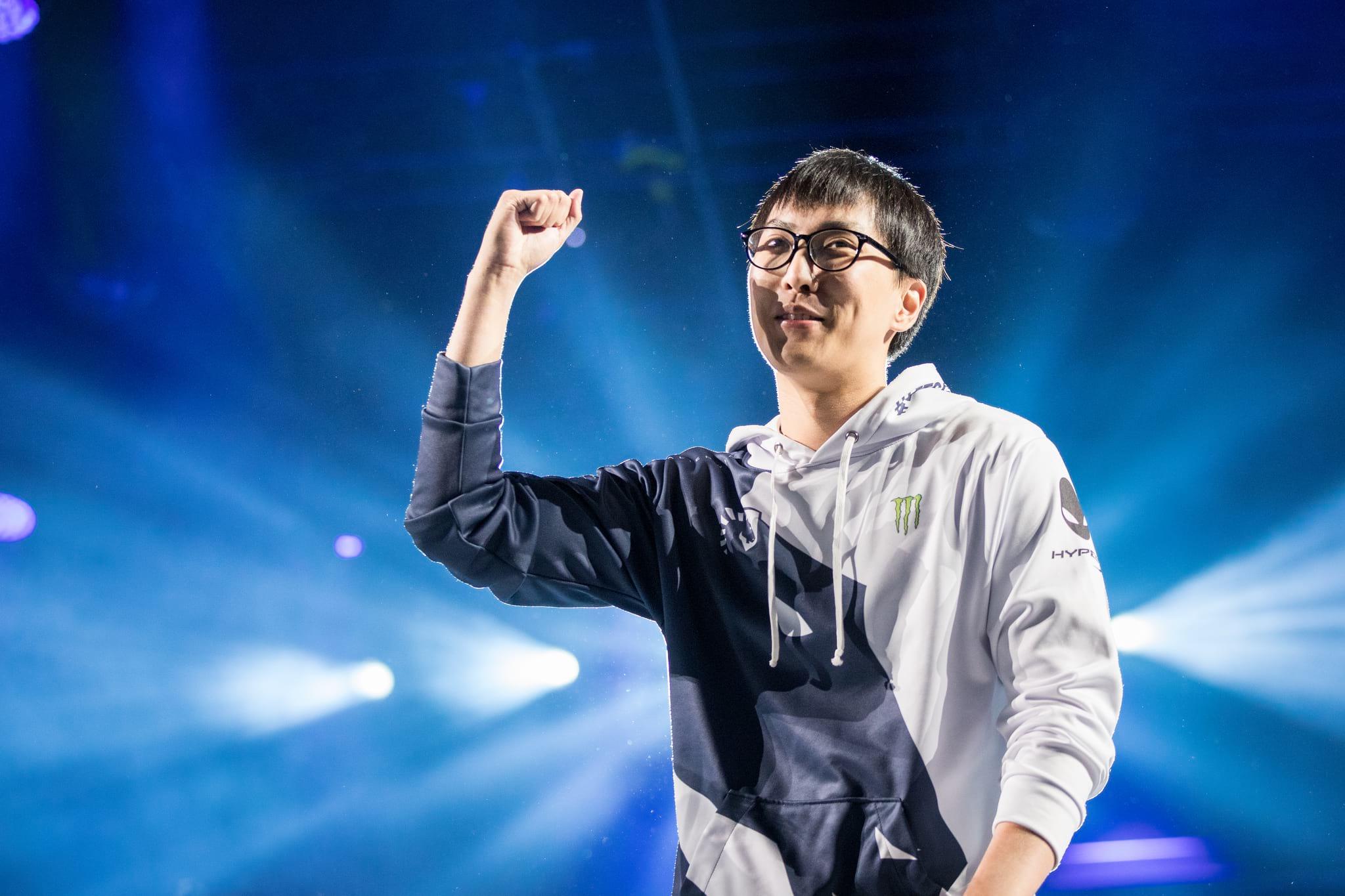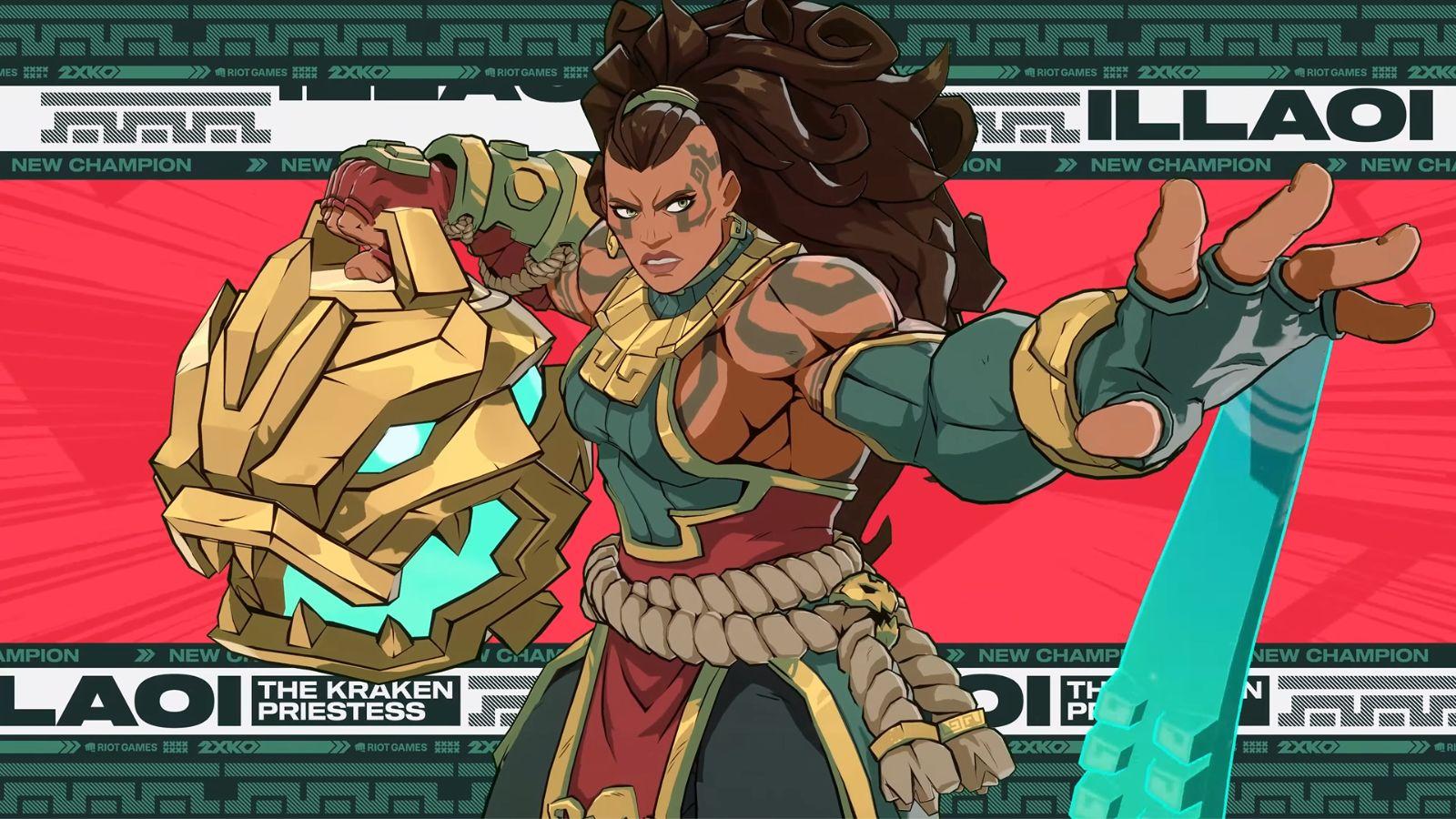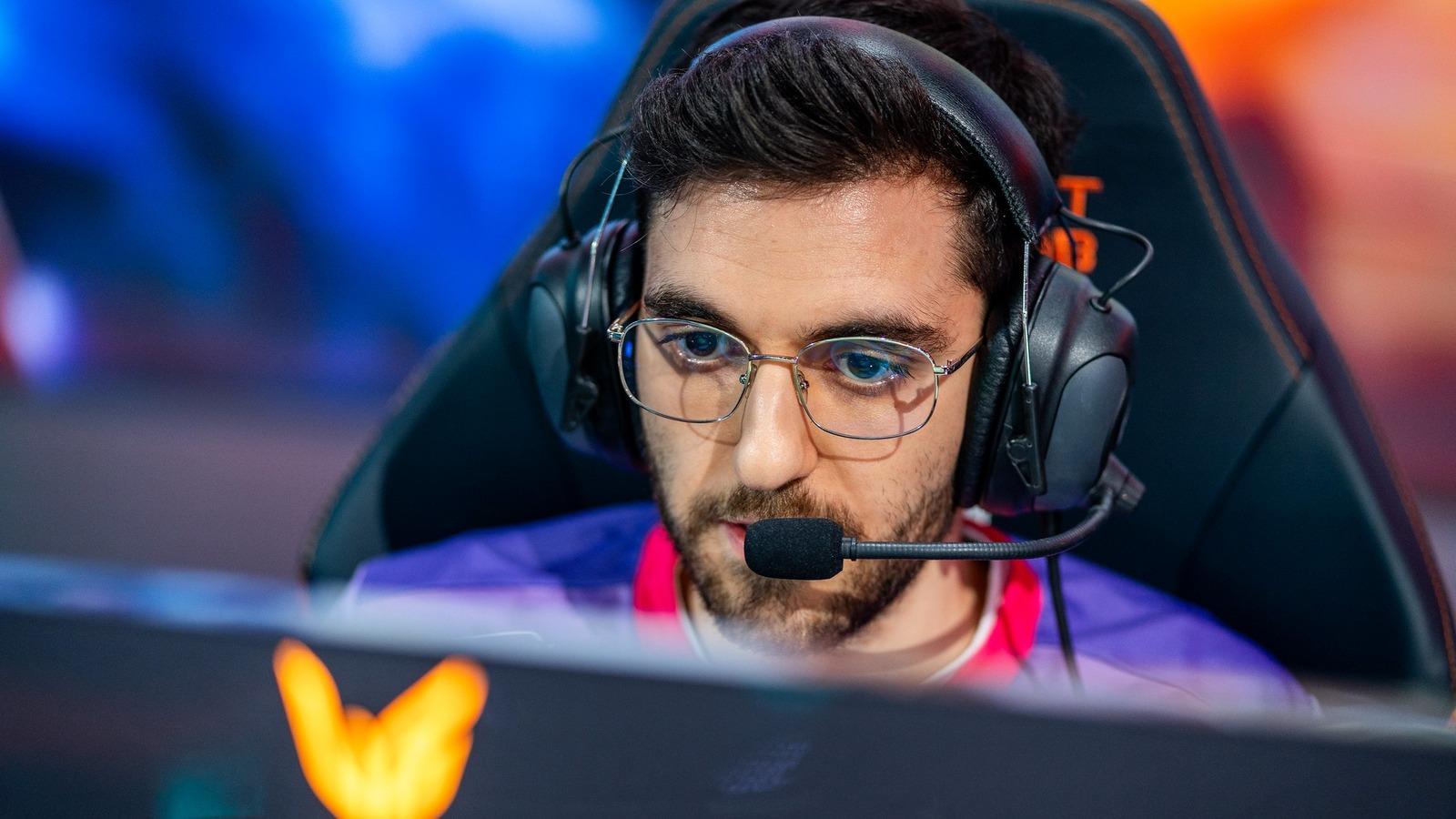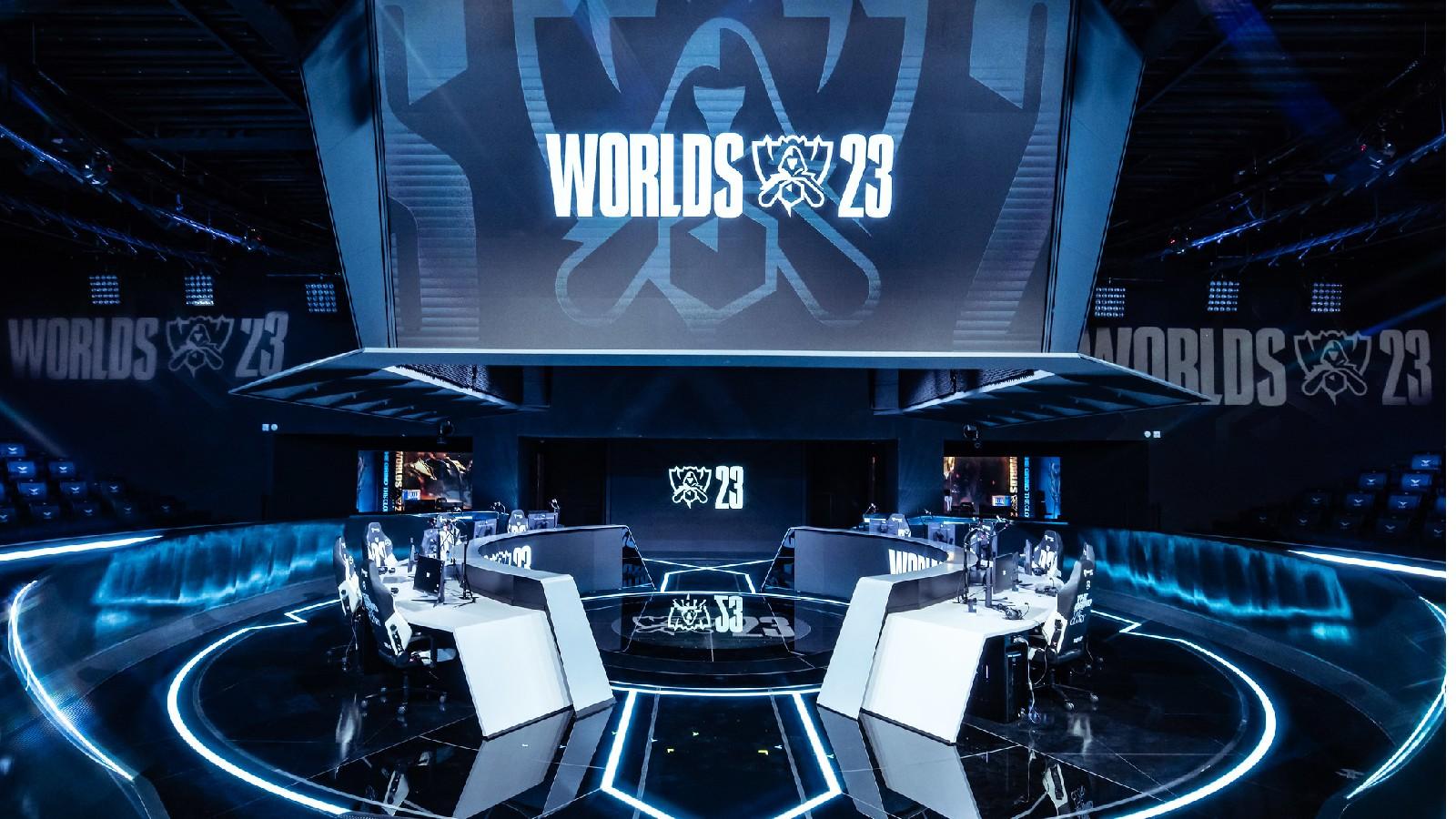Doublelift speaks out against League of Legends’ new bounty system
 Riot Games
Riot GamesTeam Liquid’s Yilliang ‘Doublelift’ Peng isn’t happy with the new bounty system in League of Legends.
[ad name=”article1″]
League of Legends has been infamous for its “snowball” mechanics throughout the game’s lifespan. The very nature of the game has always been that as one team pulls ahead it only gets easier for them to keep winning.
The item system means that teams with a gold advantage become literally more powerful than their opponents, making it already more difficult for the enemy to go toe-to-toe. Even if the team that’s behind manages some successful plays despite their disadvantage, after a certain point levelling the playing field becomes incredibly difficult.
In order to try and combat this to a certain degree, Riot introduced the bounty system. As players develop a lead, their “bounty” increases, granting a greater reward to the player that ultimately shuts them down.
[ad name=”article2″]
In principle, the system should make it so that teams that are behind have a better chance of catching up if they shut down the top performers on the leading team. In practice, however, the system can produce some scenarios that not everyone is happy with.
 Doublelift is one of the most veteran players still competing at the highest level in League of Legends.
Doublelift is one of the most veteran players still competing at the highest level in League of Legends.
In some instances, for example, it’s possible that a player who is actually behind compared to their opposite number can develop a sizeable bounty, a particularly extreme example of which occurred for SK Telecom top-laner Kim ‘Khan’ Dong-ha against Jin Air Green Wings.
One big criticism the feature has faced is that as well as stacking on “fed” players with lots of kills, bounties can also be generated simply by having a significant lead in Creep Score (CS). Considering that the main objective of the early game – the laning phase – is for the laners to farm CS, many players see these bounties as punishment for simply out-performing their opponent in this major aspect of the game.
[ad name=”article3″]
It’s this element that Doublelift takes greatest issue with, claiming “it ruins the point of outlaning someone.”
getting ahead in CS shouldn’t give you a bounty, it ruins the point of outlaning someone
if your team is ahead, you shouldn’t get a bounty going 0-0-0 because the enemy top/mid/ad got stomped
the only time it makes sense to have one is when you’re on a killstreak
— Yiliang Peng (@TLDoublelift) February 13, 2019
Though the bounty system seems designed in part to encourage fighting, incentivizing action in what has often been a slower, more macro-based game, Doublelift also argues that generating a bounty without actually having a sizeable individual lead encourages the player with the bounty to play more passively so as to avoid rewarding the enemy.
[ad name=”article4″]
More gold = more items (likely more experience) and a tougher kill though no? It seems like your philosophy encourages what I (personally) view as pro LoL’s biggest faults, a lack of fighting and kills.
— Kelby May (@KelbyMay) February 14, 2019
what usually happens is I end up with a huge bounty randomly from winning lane or my solo lanes getting ahead but bot being even/behind, and I’m just a juicy target for the enemy to rubberband back into the game so I play safer
— Yiliang Peng (@TLDoublelift) February 14, 2019
As the bounty system is still quite new, it seems likely that Riot will continue to iterate on it and balance exactly how and why a player might generate a bounty, but for now no major changes to the system have been announced.



